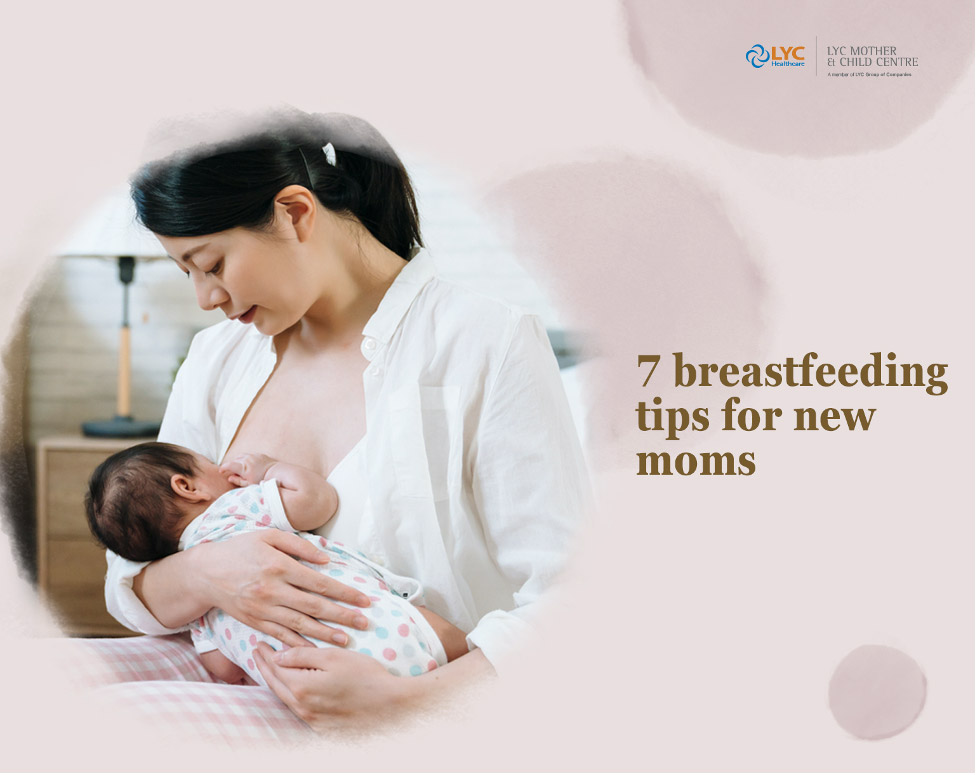
Breastfeeding has amazing benefits for both mothers and babies. It provides lifelong health benefits and enhances the parent-child bond. Breastfeeding can provide the baby with antibodies, antioxidants, enzymes, immunologically active components and nutrients, and this lowers your baby's risk of certain diseases and helps to build a strong immune system. Here are some tips to help you prepare for your breastfeeding journey:
Taking breastfeeding classes before the due date can help you prepare ahead and this helps you feel more confident about breastfeeding. Breastfeeding classes can reinforce the knowledge about breastfeeding and you can learn how to ensure that both you and your baby are healthy during breastfeeding. You can also learn about possible breastfeeding issues and how to deal with them.
In the days after delivery, your body produces a concentrated milk called colostrum. Colostrum contains protective properties such as antibodies, proteins, and salts that help prepare your baby's digestive and immune systems for life outside the womb. Breastfeeding also stimulates the release of oxytocin, which helps mommy and baby bond; at the same time, skin-to-skin contact helps stabilise your baby's mood.
It may take some time for you and your baby to get used to this process. You can try several different breastfeeding positions and find one that is most suitable for you and your baby. You can use your hand to support your baby's bottom, and support your baby's head and neck in the bend of your elbow. Your baby's upper body lies on your forearm, this is the most comfortable feeding position for babies. Some mothers are more comfortable in a recliner, or use a nursing pillow while breastfeeding.
You or your baby may find it more comfortable to feed on one side, but switching sides is also a good idea. Breastfeeding from both breasts or using a breast pump relieves pressure on both breasts while ensuring that there is sufficient milk supply.
Breast engorgement occurs when there is increased milk production and blood flow, causing uncomfortable swelling in the breasts. Breastfeed and drain your breasts regularly, and avoid milk stasis, which can lead to mastitis. You can also use a breast pump to express milk, relieve the pressure of engorged breasts, or maintain milk supply in between feedings.
Every baby's needs are different and will change over time as your baby grows and develops. Newborn babies usually feed every 2 to 3 hours, and you do not necessarily need to breastfeed according to a pre-set schedule. Babies will show signs of hunger by putting their hands to their mouths, sucking fingers, flailing their arms and legs, crying, or turning their heads toward the breast.
Your body goes through amazing changes, from pregnancy to labour to feeding your baby, so you need proper nutrition and plenty of rest. During breastfeeding, mothers need to consume an additional 450 to 500 calories per day. Make sure you eat a healthy diet, stay well hydrated, and get as much rest as possible.